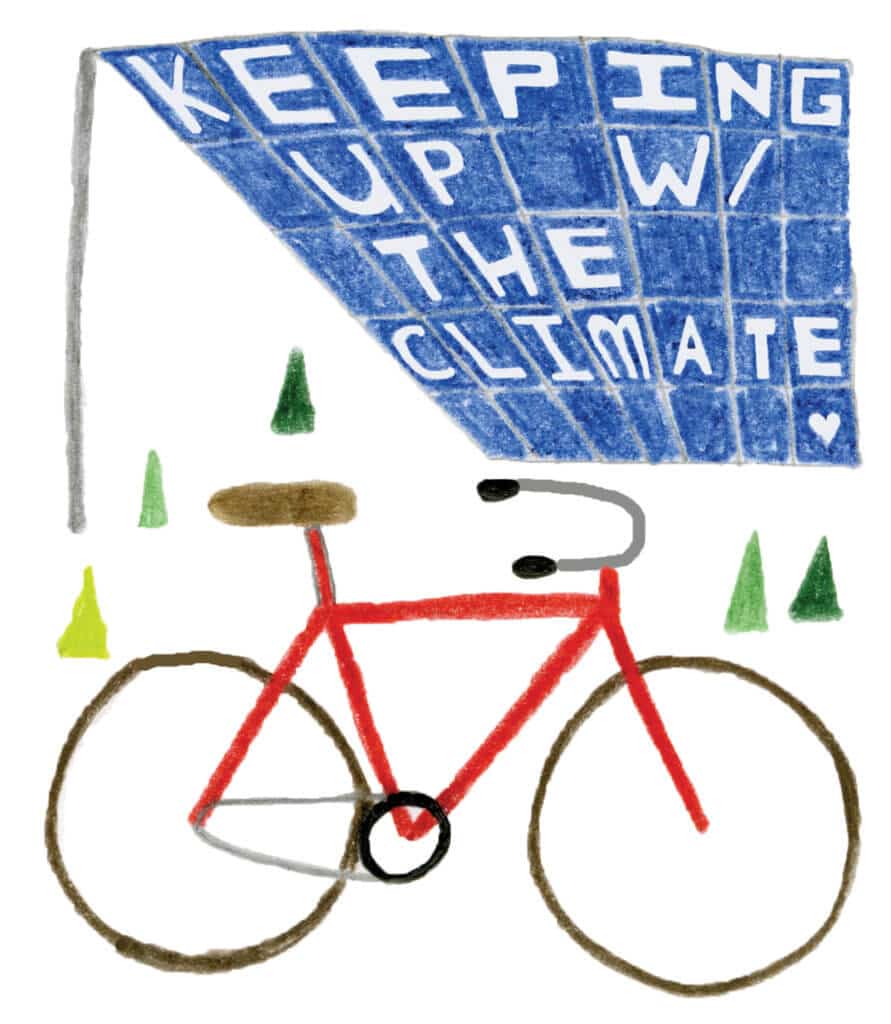 In the months following the release of the International Panel on Climate Change (IPCC) special report, we observed a renewed sense of urgency and increased media attention around climate change and its impacts. The report highlighted the drastic projected effects of global warming of 1.5 degrees C above pre-industrial levels, the target set by the 2015 Paris Agreement. It also revealed a discrepancy between this target and the projected outcomes of existing national climate policies, which lay a pathway to devastating global warming of over 3 degrees C by 2100.
In the months following the release of the International Panel on Climate Change (IPCC) special report, we observed a renewed sense of urgency and increased media attention around climate change and its impacts. The report highlighted the drastic projected effects of global warming of 1.5 degrees C above pre-industrial levels, the target set by the 2015 Paris Agreement. It also revealed a discrepancy between this target and the projected outcomes of existing national climate policies, which lay a pathway to devastating global warming of over 3 degrees C by 2100.
Three Canadian MPs recognized these findings as a call to action and demanded an emergency climate debate, which took place in the House of Commons on Oct. 15. During the debate, Elizabeth May, Green Party MP for Saanich-Gulf Islands, spoke passionately on the issue, saying, “We must go to the next climate negotiations as leaders in the world, with the target the scientists told us we must have, and then we must stand up and challenge the others. Where’s your target? Where’s your goal? Because we are not prepared to tell our children we are a failed species.”
Through the urgency in her words, May delivered a message of hope: that it’s not yet too late. The session concluded with consensus that the Canadian government needs to do more, and yet it remained unclear how this was to be achieved. The Canadian government has pledged to reduce greenhouse gas emissions by 30 per cent from 2005 levels by 2030, but these targets will not allow Canada to meet the guidelines outlined in the IPCC report, which call for 45 per cent reductions by 2030.
In a Facebook Live conversation, Environment Minister Catherine McKenna reflected on the IPCC climate report with reference to context of a dangerous and fatal summer heat wave in central Canada, along with destructive forest fires in British Columbia. “We are the first generation to feel the impacts of climate change and we are the last generation [who can] do anything about it,” she said. Despite acknowledging the urgency and necessity of re-evaluating of the issue, McKenna said she plans to maintain implementation of the existing climate plan and delay more ambitious targets until these initial goals have been realized.
The Paris Equity Check project recently published a study analyzing the extent to which individual countries’ climate pledges align with the 2015 Paris agreement threshold of 1.5 to 2 degrees C of warming. The scientifically peer-reviewed assessments carried out through the project found that Canada’s current greenhouse gas emission reduction targets, if adopted by all countries, would result in a catastrophic 5.1 degrees of warming by 2100.
The study also evaluated notions of equity, assessing each nation’s ambition to achieve fairness through their national climate pledges. Results revealed that the climate targets of many developed nations, including Canada, implicitly align with an unjust approach to effort-sharing, lacking consideration of historical contributions to climate change and the capacity of developing nations to engage in mitigation. It seems that without stronger climate targets, Canada will not be able to uphold its commitment to ensuring a just global transition away from fossil fuels, and toward a habitable future.





